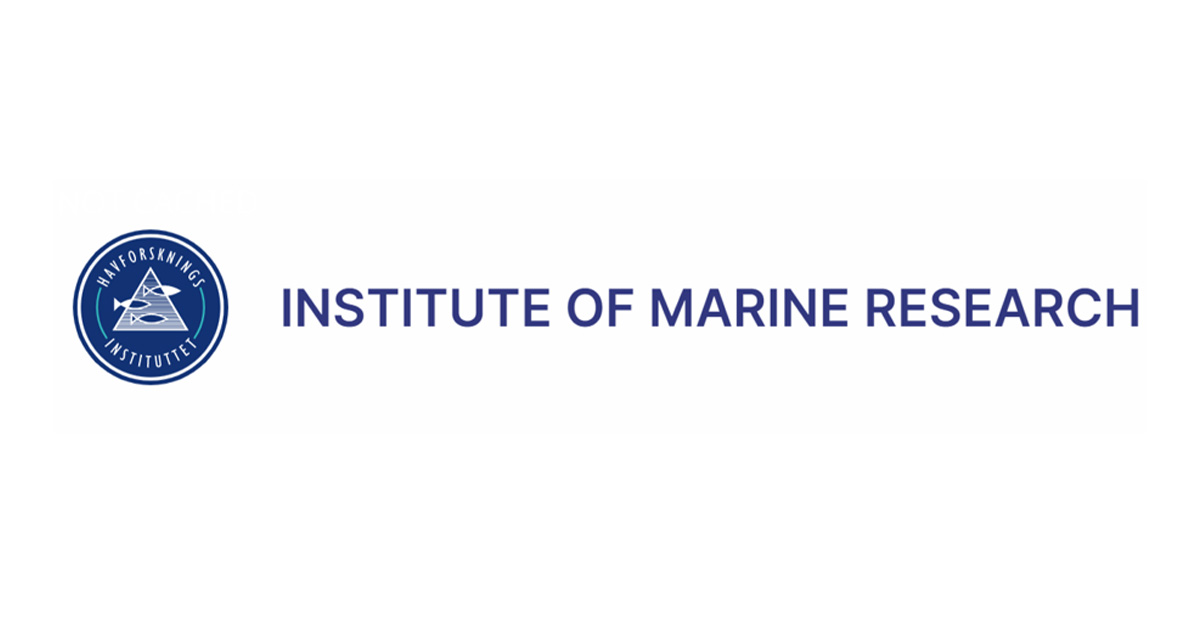The Institute of Marine Research (IMR) offers a 3-year postdoctoral position as part of the ‘Kelp forests in the Anthropocene’ research project GecoKelp funded by the Norwegian Research Council.
This project sits within IMR’s strategic initiative to build a strong center for coastal and blue forest research within one of Europe's largest marine research institutes.
We seek a marine biologist with relevant experience and publication record to support research focused on understanding the effects of warming and marine heatwaves on Norway’s kelp forests, at the genomic, ecological and ecosystem level. The broader project aim is to identify consequences of climate change and human activities for kelp forests in Norway and enable evidence-based management and mitigation strategies.
The postdoctoral researcher will work with a team of outstanding researchers and research technicians to support and deliver research outcomes within a heavily field-based research program. The GecoKelp project that the postdoctoral position is associated with is a 4-year project that includes leading kelp ecologists and seaweed geneticists based in Norway, Australia, and Denmark, who will provide mentoring support. Substantial field work and travel within Norway and internationally must be anticipated.
Knowledge about Norwegian coastal ecosystems and working diver certification is an advantage.
We offer the opportunity to be part of an interdisciplinary and ambitious research group with strong international links. IMR Flødevigen Research Station is a center for coastal ecology in cooperation with industry, management, and the university sector. The position is based within the Benthic Communities research group and located at Flødevigen research station.
About the Research Group
The Benthic Communities group focuses on research, mapping, and monitoring of benthic ecosystems, including seaweed and kelp forests on shallow rocky shores and coral reefs in deep waters. Research will support our national advisory task on ecosystem-based management of our seas and coastal areas, where both climate and human activity are important factors. Marine ecological research is rapidly developing and collaboration with leading developers on new technology is central to our work.
Responsibilities and Tasks
- Lead and support GecoKelp research activities as directed by project leaders.
- Science communication and writing including research publications, outreach, conference presentations, reports, and grant proposals.
- Organize and participate in field work in connection with genetic collections and field experiments.
- Organize and undertake sample processing, laboratory, and aquarium experiments.
- Data curation, analysis, and reporting.
Required Qualifications:
- Ph.D. in marine biology or ecology, preferably with a focus on marine botany
- Ability and willingness to coordinate, organize, participate in and lead field activities across Norway.
- Strong skills and experience with data management, quantitative analyses, and ecological concepts.
- Strong publication record in international peer-reviewed journals
- Drivers’ license.
We will also emphasize
- Research experience in kelp forest ecology, seaweed genomics and/or ecophysiology.
- Experience with state-of–the-art sampling techniques in the marine rocky shore environment
- Experience with field work and experiments in the field, mesocosms and laboratory
- Scientific working diver certification and experience, ideally some training with surface supply diving or a willingness to undertake such training.
- Experience working with and from small boats and research vessels.
- Good communication and collaboration skills.
- Good organizational and logistics skills
- Ability to work efficiently independently and in teams.
- Good written and oral skills in English
The working language at IMR is Norwegian. The candidate should have a working knowledge of one of the Scandinavian languages (B1 level or similar documented level of fluency) or willingness develop this proficiency in Norwegian during the employment period. Language training will be offered to candidates without documented B1 level.





